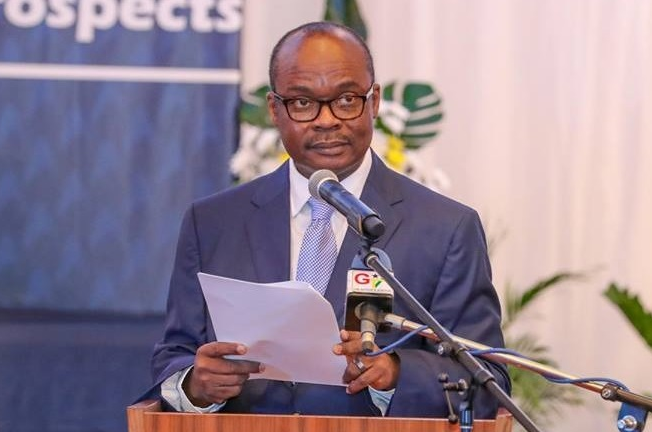
Let’s support strong local banks
Within a period of one year, the Bank of Ghana (BoG) revoked the licences of seven local banks that were found to have breached various regulations, including obtaining their licences fictitiously, maintaining negative capital adequacy ratios and misapplying emergency liquidity support granted them by the central bank.
Since the collapse of the UT and the Capital banks in 2017 and the Sovereign, The Royal, uniBank, Construction and BEIGE banks this year, public discourse on the matter has bordered on the ownership structure, not the governance of banks in the country in general.
Advertisement
This has expectantly generated anxiety among the banked public over the ability of the banking sector to safeguard their deposits, going forward.
With all the affected banks being majority Ghanaian-owned, it is easier for the public to conclude that indigenous/local banks, as they have been christened, are fragile, inefficient and poorly managed, hence their inability to withstand the central bank’s new sternness on disobedience.
Much as this assertion holds true – to a large extent – for the collapsed banks, it falls flat when held against the remaining 13 banks with majority Ghanaian holdings.
Beyond withstanding the BoG’s recent heavy handedness on poorly governed banks, the remaining banks with majority Ghanaian ownership have individually demonstrated commitment to good corporate governance, respect for banking regulations and ability to match their counterparts with majority foreign ownership boot for boot in the areas of customer service delivery, innovation and growth metrics.
Unfortunately, the collapse of seven of their own means that customers are now sceptical when it comes to doing business with them.
This has already translated into panic withdrawals, a halt in new deposits and a general decline in consumer and business confidence in the operations of the 13 banks with majority Ghanaian ownership.
In addition to negating the fortunes of the remaining indigenous banks, continuing the discourse on the failures on the lines of indigenous and foreign-owned banks blurs the real factors behind the unfortunate incident.
In doing so, it creates the wrong impression that the central bank, in its attempt to instil discipline and rid the banking sector of poorly governed and capitalised banks, is targeting indigenou-owned banks for closure. This is infantile and a recipe for resentment.
This is why the Daily Graphic agrees with Dr Ishmael Yamson, a management consultant and retired board chairman of the Standard Chartered Bank Ghana Limited, that the narrative on the bank failures should be shifted from ownership to governance.
He told the Daily Graphic in an interview that the current mindset was improper and an attempt to divert attention from the real cause of the collapse of the banks, which is total disregard for good corporate governance practices.
It also created an erroneous impression that all local banks were not doing well when, in fact, some local banks, including the Fidelity Bank, the CAL Bank, the GCB Bank, the Universal Merchant Bank and the Agricultural Development Bank were performing well, he said.
As Dr Yamson said, the seven banks did not fail because they were local banks but because they failed the test of good corporate governance.
As a result, we will entreat the remaining banks with majority Ghanaian ownership to learn from the fate of their demised counterparts to avoid suffering a similar fate.
They should place premium on good corporate governance and respect for banking sector regulations and develop strong internal controls.
That way, indigenous banks can continue to rub shoulders with their foreign counterparts.



